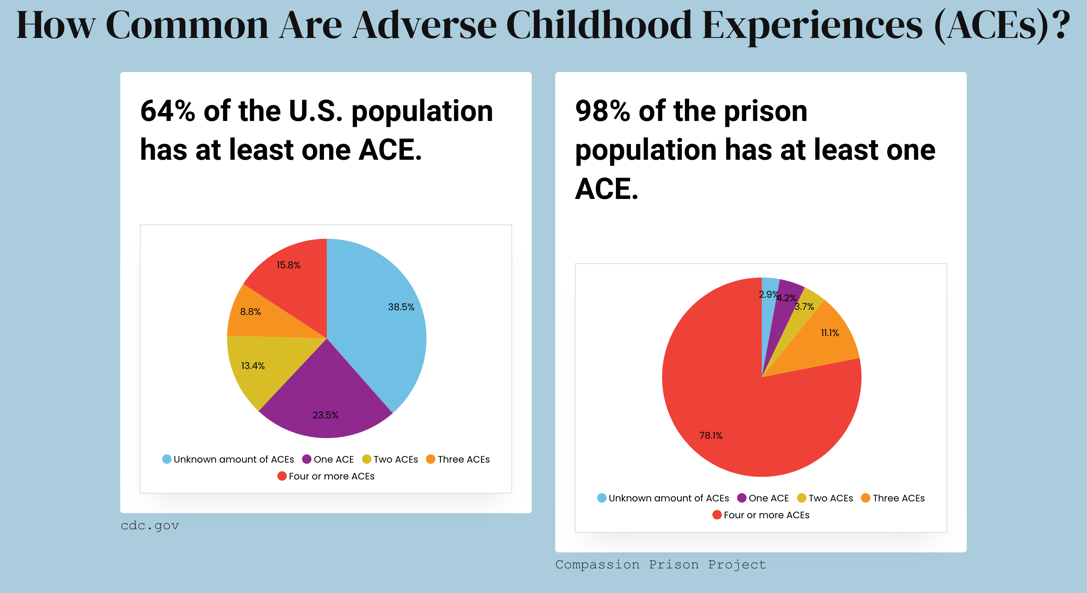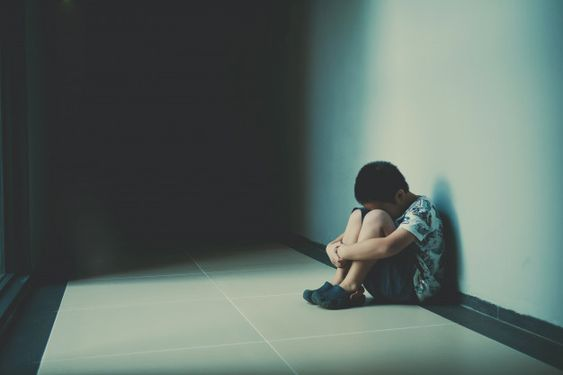Introduction
Childhood trauma can have a profound impact on an individual’s life, affecting their mental health, behavior, and overall well-being. Studies have shown a strong connection between childhood trauma and incarceration, highlighting the importance of understanding and addressing the root causes of criminal behavior.
The Connection Between Childhood Trauma and Incarceration
Impact of Childhood Trauma
Children who experience trauma, such as physical or emotional abuse, neglect, or witnessing violence, are more likely to develop behavioral issues, substance abuse problems, and mental health disorders. These unresolved issues can manifest into criminal behavior later in life as a coping mechanism or a way to numb the pain.
Behavioral Issues
Childhood trauma often leads to behavioral issues in children. These can include aggression, defiance, and difficulty in forming healthy relationships. As these children grow older, their unresolved trauma can lead to criminal behavior.
Substance Abuse Problems
Many individuals who have experienced childhood trauma turn to substance abuse as a way to cope with their pain. Substance abuse can lead to criminal behavior, including drug-related offenses and violent crimes.
Mental Health Disorders
Childhood trauma is a significant risk factor for developing mental health disorders. These disorders can include depression, anxiety, post-traumatic stress disorder (PTSD), and others. Individuals with untreated mental health issues are more likely to engage in criminal behavior.
Cycle of Incarceration
Incarceration often becomes a vicious cycle for individuals who have experienced childhood trauma. The lack of proper support and healing resources in early stages of life can lead to a pattern of criminal behavior, resulting in repeated encounters with the justice system.
Lack of Support and Resources
Many individuals who experience childhood trauma do not receive the necessary support and resources to heal. This lack of support can lead to continued criminal behavior and repeated incarceration.
Trauma-Informed Care
Implementing trauma-informed care within the justice system can help break the cycle of incarceration. This approach involves understanding and addressing the impact of trauma on individuals, providing appropriate support and interventions.
Importance of Recognizing Childhood Trauma
It is crucial to recognize the impact of childhood trauma on an individual’s life trajectory and to provide adequate support and interventions to break the cycle of incarceration. This can include trauma-informed care, mental health services, substance abuse treatment, and community-based programs aimed at addressing the underlying issues that contribute to criminal behavior.
Trauma-Informed Care
Trauma-informed care involves recognizing the signs of trauma and providing support that addresses the underlying issues. This approach can help individuals heal and reduce their likelihood of engaging in criminal behavior.
Mental Health Services
Providing access to mental health services is essential for individuals who have experienced childhood trauma. These services can help individuals address their mental health issues and develop healthier coping mechanisms.
Substance Abuse Treatment
Substance abuse treatment is critical for individuals who turn to drugs or alcohol to cope with their trauma. Providing access to treatment can help individuals overcome their addiction and reduce their likelihood of engaging in criminal behavior.
Community-Based Programs
Community-based programs can provide support and resources to individuals who have experienced childhood trauma. These programs can include counseling, support groups, and other services that help individuals heal and reduce their likelihood of engaging in criminal behavior.
Breaking the Link Between Childhood Trauma and Incarceration
By addressing childhood trauma and providing holistic support to individuals at risk, we can work towards breaking the link between childhood trauma and incarceration, ultimately fostering healthier, more resilient communities. It is essential to prioritize prevention, early intervention, and rehabilitation to create a brighter future for those impacted by these interconnected issues.
Prevention
Preventing childhood trauma is the first step in breaking the link between trauma and incarceration. This can include providing support to families, addressing issues such as domestic violence and substance abuse, and creating safe and supportive environments for children.
Early Intervention
Early intervention is critical for children who have experienced trauma. Providing support and resources early on can help prevent the development of behavioral issues and other problems that can lead to criminal behavior.
Rehabilitation
Rehabilitation is essential for individuals who have already engaged in criminal behavior. Providing access to trauma-informed care, mental health services, and other support can help individuals heal and reduce their likelihood of reoffending.
A Path Forward
Addressing and reducing childhood trauma is paramount in breaking the cycle of incarceration and reducing the prison population. By providing proper support, interventions, and resources to individuals who have experienced trauma in their formative years, we can address underlying issues that contribute to criminal behavior. Investing in trauma-informed care, mental health services, and community-based programs can help individuals heal from their past experiences and develop healthier coping mechanisms. In doing so, we can create a more compassionate and effective justice system that prioritizes prevention and rehabilitation, ultimately leading to a reduction in the prison population and fostering safer, more resilient communities for all.
Childhood trauma has a significant impact on an individual’s likelihood of engaging in criminal behavior and experiencing incarceration. By recognizing and addressing the connection between childhood trauma and incarceration, we can work towards creating a more compassionate and effective justice system. Providing support and resources to individuals who have experienced trauma can help break the cycle of incarceration and create healthier, more resilient communities.
To delve deeper into this subject and learn more about how we can collectively tackle childhood trauma, purchase my book The Kite That Couldn’t Fly.

















